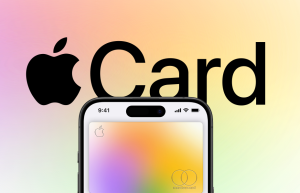A study published in the Journal of Adolescent Health states that doctors fail to provide important sexual health information to sexually active teens.
A report published by Center for Advancing Health states that doctors refrain from providing important sexual health information to sexually active teens. Reportedly, one in every five sexually active teenage boys is not provided with information about condoms and birth controls by doctors, parents or teachers.
Study co-author Laura Duberstein Lindberg, Ph.D., of the Guttmacher Institute in New York notes that previous studies have established that well informed sexually active teens have shown better health conditions than teens that are not informed about vital sexual health-related information. This is why parents, teachers and health care providers should take active part in keeping such teenagers well informed.
Lindberg and her colleagues studied data from the 2006-2010 National Survey of Family Growth and evaluated responses from almost 1,900 sexually active kids aged between 13 and 19 years. All participants were asked questions whether they had received any sexual health information regarding birth control, sexually transmitted infections (STI) including HIV and condoms from their health care providers, parents or teachers. Fifty five percent females and 43 percent male participants reportedly cited parents and teachers as sources of information regarding birth control. Fifty nine percent female and 66 percent male participants cited parents and teachers as sources of information regarding STI/HIV information. A mere one third of the participants who cited parents and teachers as sources of information regarding birth controls said they also received the same information from their health care providers.
Authors of the study went on to conclude that doctors were the least cited sources of information regarding sexual health. "Health care providers have more limited time with teens than parents or teachers," Lindberg explained. "However, national guidelines call for healthcare providers to offer contraceptive information and counseling to all sexually active teens and this study finds that goal is not being met. Just like many parents, physicians are not always comfortable discussing sexual health topics."
While all participants in the study stated that all three sources were important, very few received information about sexual health from all the three sources and Lindberg revealed that some participants revealed not receiving any information from even one source.
Kathy Woodward, M.D., director of the Adolescent Health Program at Children's National Medical Center in Washington, D.C., notes that if parents, teachers and doctors work together to impart such knowledge, it could result in a comprehensive approach to reproductive health in teens.
© 2026 HNGN, All rights reserved. Do not reproduce without permission.








